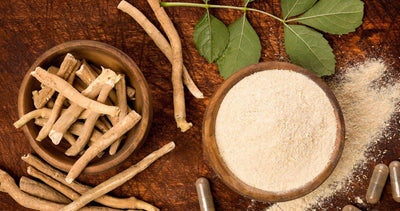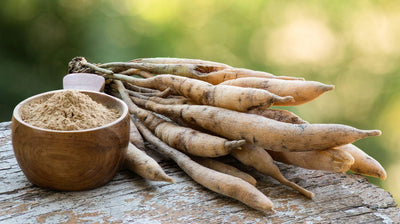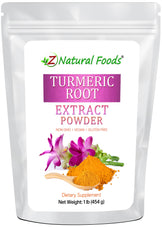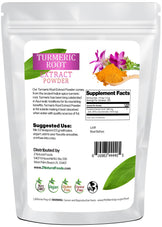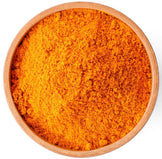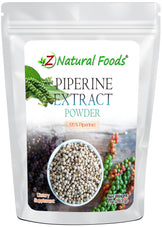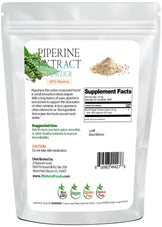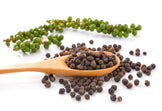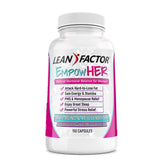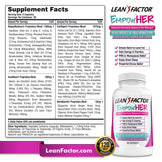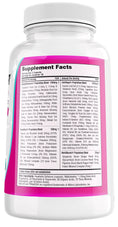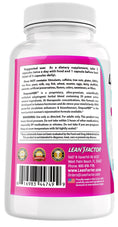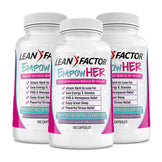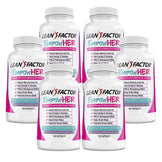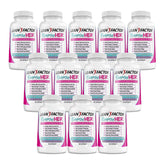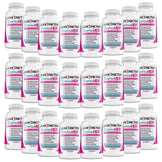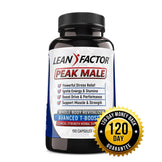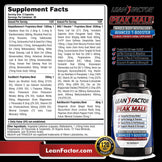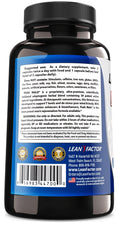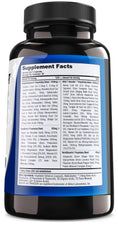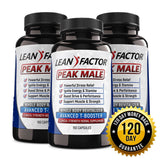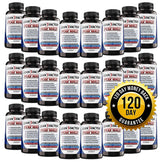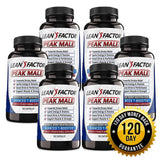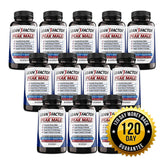Description
Description
Whenever we hear the word inflammation the first natural substance that comes to most people’s mind is curcumin.
-
Have we as a society misinterpreted the true use of this amazing compound which comes from the turmeric root?
-
Has the general public been misled to believe that this is the greatest anti-inflammatory and pain reliever on the face of the earth?
According to the American Heritage Science dictionary, the definition of inflammation is:
“The reaction of a part of the body to injury or infection, characterized by swelling, heat, redness and pain. The process includes increased blood flow with an influx of white blood cells and other chemical substances that facilitate healing”.
The definition of an anti-inflammatory is a drug used to reduce inflammation.
So, what does all of this mean?
In a nutshell, the nonsteroidal anti-inflammatories work by reducing the production of prostaglandins which are chemicals that promote inflammation, pain and fever. There is a group of enzymes that produce these prostaglandins called cyclooxygenases or otherwise known as (COX). There are specifically 2 types of COX enzymes known as cox-1 and cox-2. Both of them produce these prostaglandins which promote pain, fever and inflammation but, only cox-1 promotes prostaglandins which activate platelets and protect the lining of the stomach.
The job of the nonsteroidal anti-inflammatories is to essentially block the cox enzymes and reduce the production of prostaglandins. For your reference…
-
Aspirin is a cox-1 inhibitor, and
-
The drug celebrex is a cox-2 inhibitor.
Corticosteroids (the steroid based anti-inflammatories) like prednisone work in a much different way to produce a similar end result. According the the mayo clinic, “Corticosteroids mimic the effects of hormones your body produces naturally in your adrenal glands, which sit on top of your kidneys.
When prescribed in doses that exceed your body's usual levels, corticosteroids suppress inflammation. This can reduce the signs and symptoms of inflammatory conditions such as arthritis and asthma. Corticosteroids also suppress your immune system, which can help control conditions in which your immune system mistakenly attacks its own tissues”.
Now that we have clearly defined what inflammation is and some of the most modern ways medicine deals with it, let’s compare this to how the compound curcumin works in the body and if it really is an anti-inflammatory and pain killer.
Here is a question to think about….
Is a compound that works as an anti-inflammatory the same as a compound that supports a healthy inflammation response?

Okay time’s up ... the answer is no, and here is why:
-
Anti-inflammatories only work on one area of the entire inflammatory cascade and often have an overall negative effect on the entire cascade (as shown above) where a compound like curcumin has a positive effect on the entire cascade.
-
The main job of curcumin is to possibly modulate the activation of nuclear factor kappa b response which is at the top of the inflammatory cascade.
-
Nuclear factor kappa B is a protein complex that turns on genes that produce inflammation.
-
Its three main jobs are transcription of dna, cytokine production and cell survival.
-
By modulating its action this in turn prevents the rest of the cascade like cyclooxygenases (COX 1 and 2), Lipoxygenase (lkb4) enzymes and inducible nitric oxide synthase from responding in an unhealthy way.
A chronic unhealthy response in time would promote an overstimulation of the inflammatory response which leads to chronic systemic inflammation. A small amount of inflammation is not only healthy but in fact necessary to know when something is wrong so the body can do its job and fix it.
So, the answer to whether or not curcumin is an anti-inflammatory and pain killer, is no.
Curcumin may in fact be an inflammation response modulator. So, to call it an anti-inflammatory and/or pain killer would in fact do it no justice. The bottom line is that curcumin may support a healthy inflammation response which allows the body to do its job and heal itself.
While some might say there is a fine line between the two, the line does in fact exist.
In Great Health,
Mike
About Michael Stuchiner
Michael Stuchiner is an experienced Master Herbalist, the Head of Education for Z Natural Foods, a teacher and an accomplished author. With a 16-year specialization in medicinal herbs, Mike also has a vast knowledge in tonic and adaptogenic herbalism. Mike has enjoyed a 25-year career as an elite-level competitive powerlifter where he learned to heal his ‘mind and body’ as an avid user of herbal remedies.
As an “in-the-trenches” herbalist, Mike has done more than 85 speaking engagements, consulted with clients ranging from young to elderly, worked with athletes in virtually all sports and with clients who have “dis-ease” states of a wide variety. Mike also mentors student Master Herbalists and will continue to teach the next generation to grow a deeper wisdom of the human body through appropriate herbal remedies.
For Bulk inquiries and custom formulations click here: https://www.znaturalfoods.com/pages/bulk
